Berlin Film Festival 2016: Ivo M Ferreira: An interview with the director of Cartas da Guerra
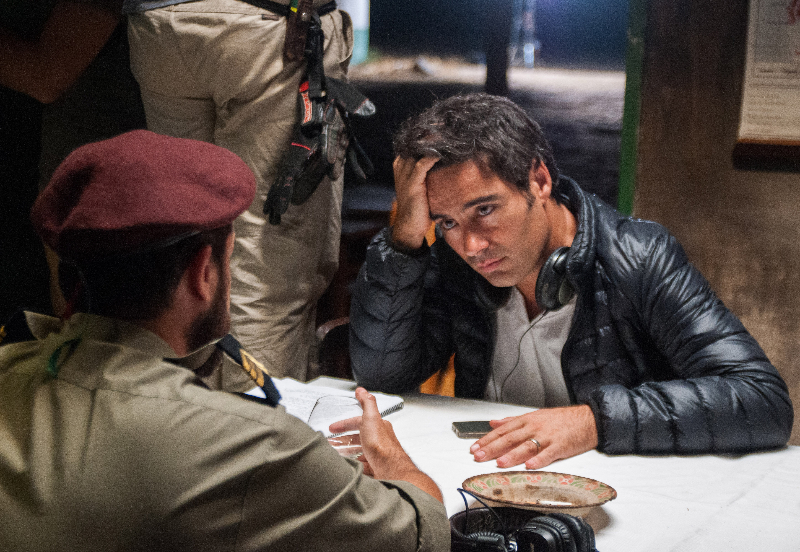
With a career that has primarily been concerned with documentaries, director Ivo M Ferreira has now turned to the Portuguese Colonial War (of 1961 to 1974 in Angola) for his third feature film, Cartas da Guerra (Letters from War). Adapted from the wartime letters of acclaimed Portuguese novelist António Lobo Antunes, the movie is shot in rich black and white and was selected for the competition section of the 2016 Berlin International Film Festival. Sparse on dialogue, the story is essentially told by António’s wife, as the letters are read out in a hypnotic voiceover. Ferreira sat down with us to talk about the importance of the film, and how it literally helped to build bridges with Angola.
Have you been happy with the reception to the film so far, particularly here at Berlinale?
This is a film of voices and letters, and this was the project. When that is criticised, I completely understand, but that was the project I wanted to do. So what I’m feeling now is that some people are really touched by the film and some people just think it’s too risky. I knew I was taking a big risk, but at the same time, my dream was that after six or nine minutes there was a kind of hypnotic thing so that you wouldn’t go against the voice that is heard. Sometimes you read more into these words, and sometimes you read less. And I like that idea of words on two levels where they sometimes really matter. Of course it was risky, even for selection at Berlinale. And I’m very happy it’s been selected, and not in a different programme, because it shows that it has things that are needed for the movie to work. I don’t like the idea of experimental, and I think it’s quite classic. It’s quite simple, and hopefully there will be some reactions from people thinking that it works and it inspires them in some way. This is what I like best in the movie: the words. Of course I’m really worried about my investors, like The Match Factory, but they were the first. Then there’s the Lebanese company who invested after we finished shooting and we were completely broke, and we knew we would be completely broke. So we had to take these risks, and they’re very happy. I completely accept the critics, but this is the project. They don’t like some stuff, and I understand. I also don’t like a lot of films.
How do you think the film will be received when it’s released in Portugal? The Portuguese Colonial War must still be a very sensitive subject there.
It’s a very sensitive topic. But I think this is quite a feminine movie in a certain way, and when I say this, of course, the most clear thing is the female voice of the reader. I think it will be more the wives of the men who went to war who will want to see the film, maybe not the men themselves. Because they never talked about it, some of them became very different people when they came home, and some wives had to fall in love with a new man. So there are these disasters of war in general. And almost 10% of the population of Portugal, mainly kids, were sent to Africa – coming from a little village in the mountains, people who never saw a car and then they became something like a driving instructor in the military. There was so much violence, and then you had a revolution afterwards. They never wanted to be there, and they had to be there, and they were seen as the bad guys. The action takes place in 71 and 72, which is already a time when everyone would have had even a minimal idea that this was a stupid war. These women, the mothers are still alive. This was 40 years ago, so I’m happy to deal with this kind of material that we usually appropriate after the people have died, so they see it.
Has António Lobo Antunes seen the film yet?
Not yet. His daughters are the ones who published his letters, and before their mother [who the letters were sent to] died. She was sick and brought a box of letters that their father had written and said “If you want to publish them when I’m gone, I’d be happy with that”. The intimacy of the letters when used with with the black and white created a border for such intimate material.
The film was shot on location in Angola where the actual war took place. Was this difficult, both logistically and politically?
To be very honest, towards the end of the process, the Portuguese military were very helpful, but in the beginning they just closed doors. It’s very curious, and I don’t want to be unfair because they were very helpful in the end, but in the start they were very negative. And interestingly, the Angolan government and armies were open and helpful. They gave us military advisors and vehicles, and we had a very small budget, and yet such great support from the government of this area that helped to pay for hotels and stuff. We were in little, little, little cities. And when I say little – where there’s not a place to drink a coffee. The production in Angola was very small, so the actors would just dress in their costumes in the hotel and go to the set. And sometimes we would stop in a supermarket. Now imagine that there were people who were once actually fighting the Portuguese army, and they’re at the supermarket and they see a bunch of guys dressed in period uniform of their former enemies. After seconds they understood that it was not real, and they were very curious. We once had to build a bridge across some water to get the cars across so we could build the set. And we had to ask all the villagers around to help build the bridge. We were worried about our intrusion on the community, but in the end it was a very touching experience. The process was tough, but we never had a sense of being tired of the film. During filming I was staying in a hotel and I would arrive at the end of the day, shut myself in the room and watch the rushes and say: “OK… one day more. One day after another.”
Oliver Johnston
Read our review of Cartas da Guerra here.
Read more of our reviews and interviews from the festival here.
For further information about Berlin Film Festival 2016 visit here.


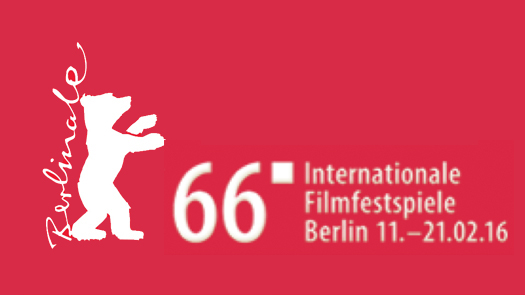











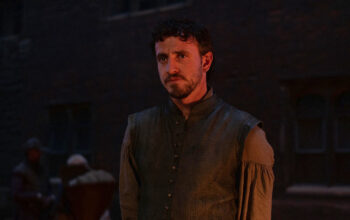


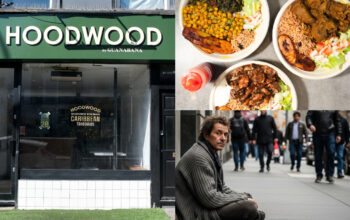




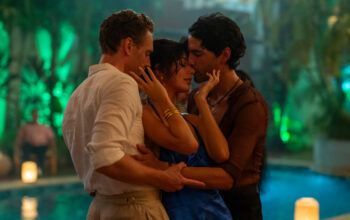

Facebook
Twitter
Instagram
YouTube
RSS